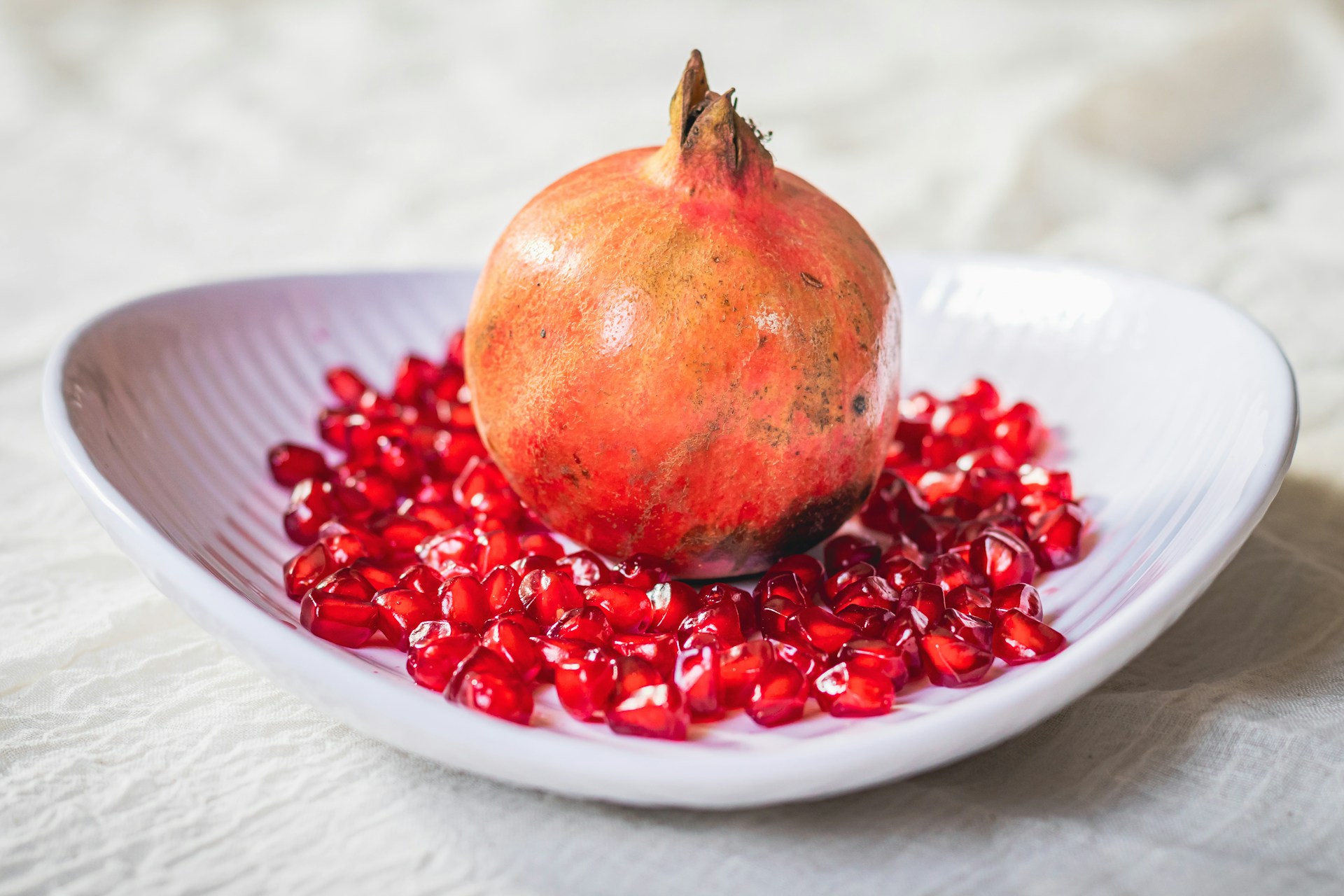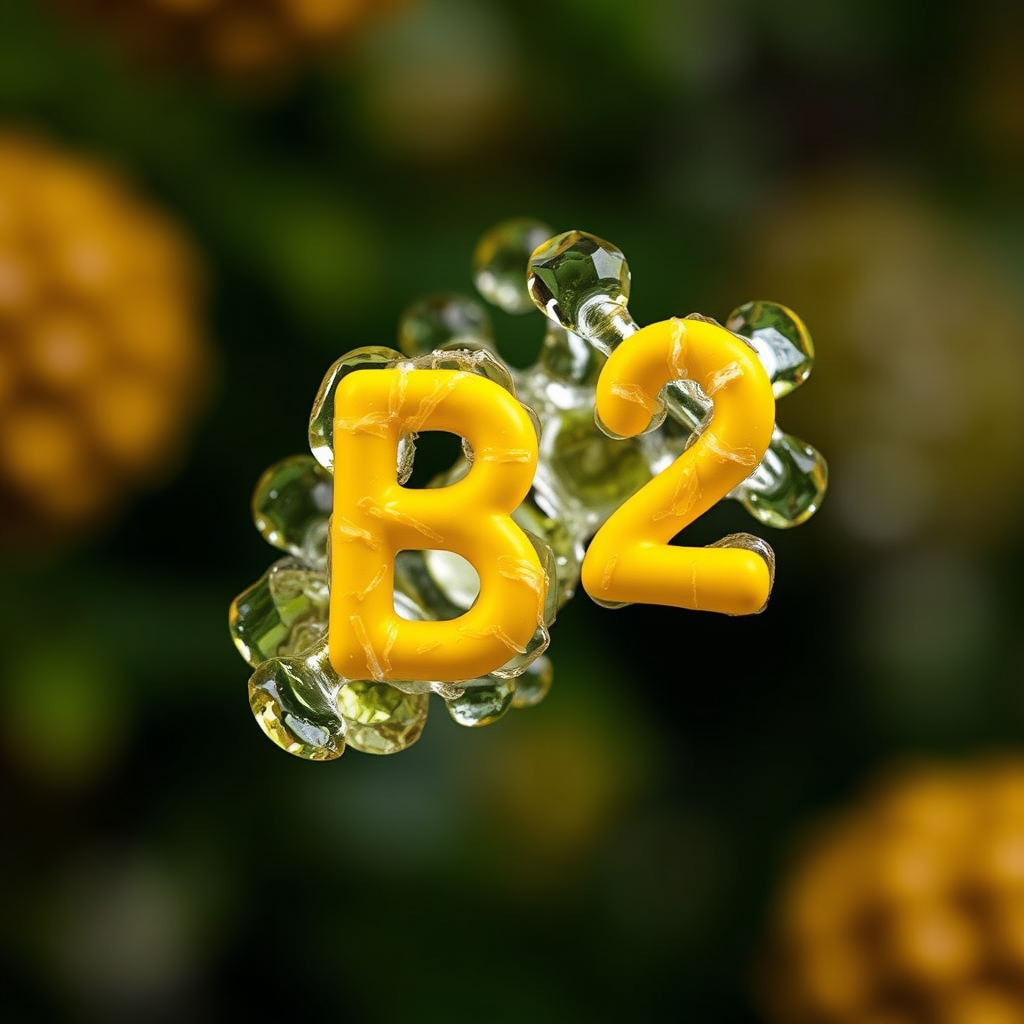The Value and Role of Vitamins in Keeping Your Skin Healthy
The value and role of vitamins for the quality and healthy appearance of your skin are irreplaceable. The source of vitamins is your diet, especially fruits and vegetables, as well as foods of animal origin. Use them as much and correctly as possible, because this is how you best care for your face and body.
Vitamin A
Foods rich in vitamin A have a particularly beneficial effect on the upper layers of the skin. It gives the skin freshness, the skin becomes smooth and shiny. Due to the lack of this vitamin, the skin and mucous membranes lose their resistance, they get frequent infections – wounds, and ulcers, and it can also lead to poor eyesight. 2 to 5 mg of vitamin A should be taken into the body daily. It is found in fish oil, egg yolk, cheese, milk, turnips, apricots, spinach, tomatoes, and beef liver.

Vitamin B
Foods that contain a lot of vitamin B strengthen the skin and improve the function of nerves and digestion. If this function is not in order, spots and eruptions of redness and pimples break out on the face.
In group b vitamins, however, some vitamins differ in chemical composition, so their effect on the body is different. Thus, vitamin B1 prevents the appearance of wrinkles, cracking, and flaking of the skin. it is most abundant in cabbage, spinach, and green salad in oil obtained from peanuts, then in brewer’s yeast, wheat germ and wheat bread, banana, and egg yolk.
Vitamin B2 is found in roe, pork and beef liver, peas, milk and dairy products, eggs, yeast, soy flour, dried figs, melons, pears, apples, bananas, cabbage, pork and mutton, chicken and veal. The lack of this vitamin causes the formation of scabs on the lips.
Vitamin B6 is abundant in fish, whole milk, eggs, liver, pickled peppers, turnips, potatoes, wheat, and baker’s yeast. Its deficiency in the body leads to disorders of the skin, eyes, and nervous system.
Vitamin PP or factor PP, which belongs to the vitamin B group, is found in the liver, yeast, kidney, meat, fish, wheat, rye, and beer. Its deficiency causes severe disorders in the skin and the whole organism. The inflamed skin falls off the face and hands, and black ‘’collars appear’’ on the neck.
Vitamin B12 promotes proper blood formation and regenerative processes, and vitamin B15 is used as a medicine against premature aging.
Vitamin C
Foods rich in vitamin C strengthen organs whose function is to maintain proper blood flow. Vitamin C is indispensable in the treatment of flu and other infections. It has a positive effect on oily skin with open pores. Its deficiency leads to scurvy. The main sources of this vitamin are rose hips, lemons, oranges, peppers, cabbage, parsley, black currants, spinach, lettuce, cauliflower, and other fruits and vegetables. The body’s daily requirement is 150 mg.
Vitamin D
Foods containing vitamin D clean the blood and are extremely beneficial in the fight against infections. Lack of this vitamin leads to rickets, so it is necessary for the developing organism. Natural sources of vitamin D are oil from the liver of certain fish, primarily cod, beef liver, butter, milk, and mushrooms. Otherwise, it is created in the skin under the influence of the sun’s rays.
Vitamin E
Vitamin E is especially important in the diet of pregnant women because it affects the ripening and development of the fetus. It is obtained from wheat germ oil.
Vitamin K
During bleeding, vitamin K enables normal blood clotting. Found in the liver and lard.
Vitamin H
Vitamin H keeps our skin in a normal state and affects its rejuvenation. It is found in egg yolk, liver, kidneys, yeast, milk, rice bran, potatoes, bananas, and tomatoes.
Pantothenic Acid (vitamin B5)
Lack of Pantothenic Acid leads to skin degeneration, slowing down hair growth and hair loss. Its natural sources are yeast, liver, egg yolk, meat, cow’s milk, wheat, potatoes, and fruit.














Post Comment